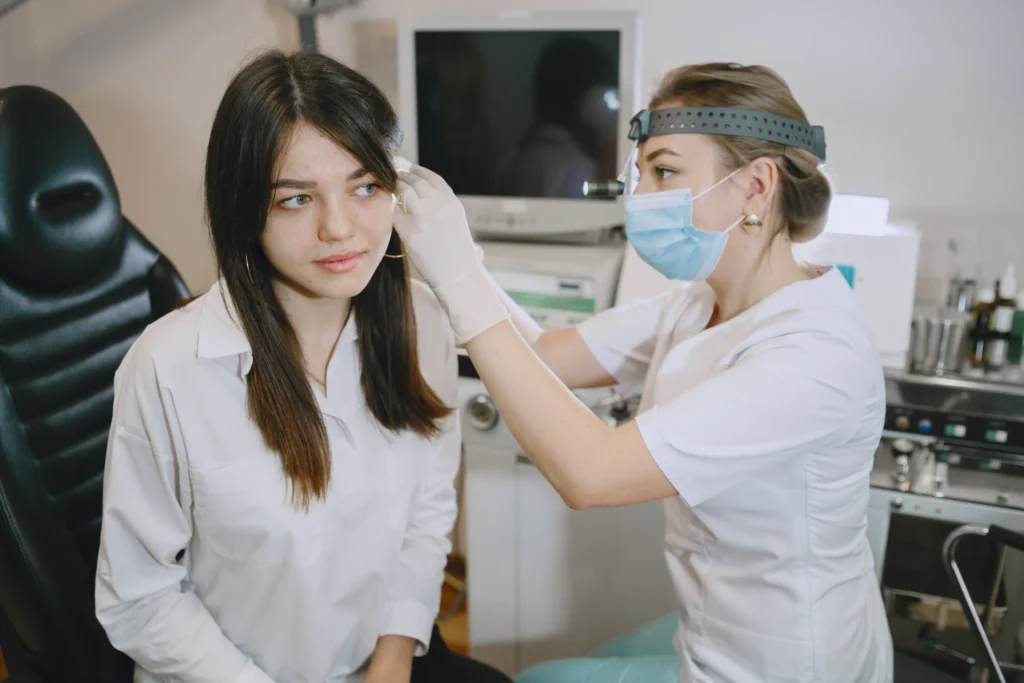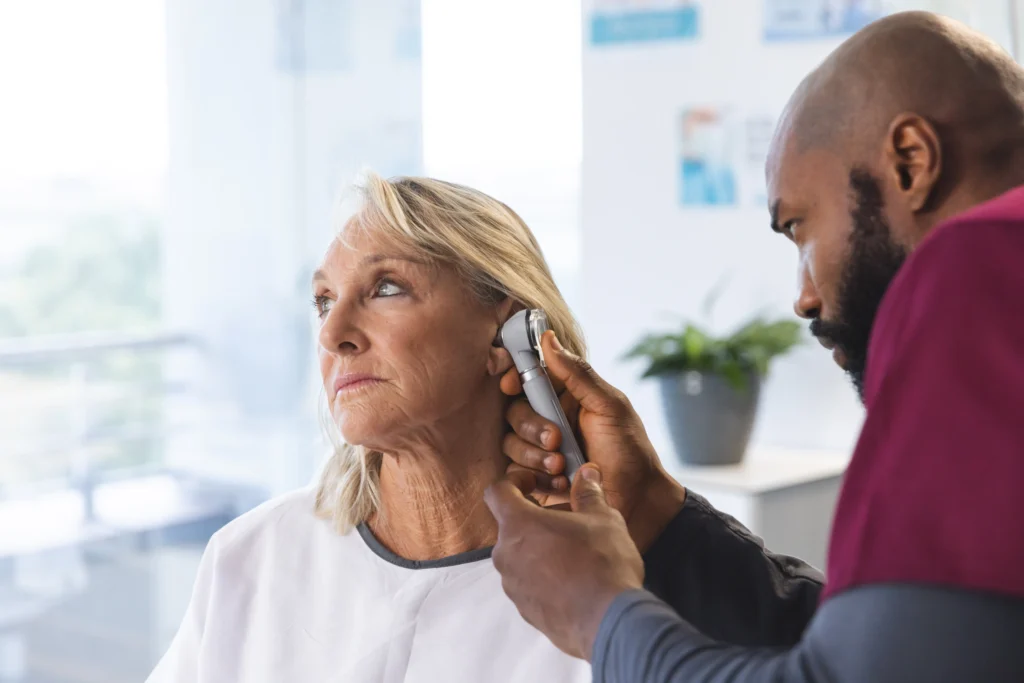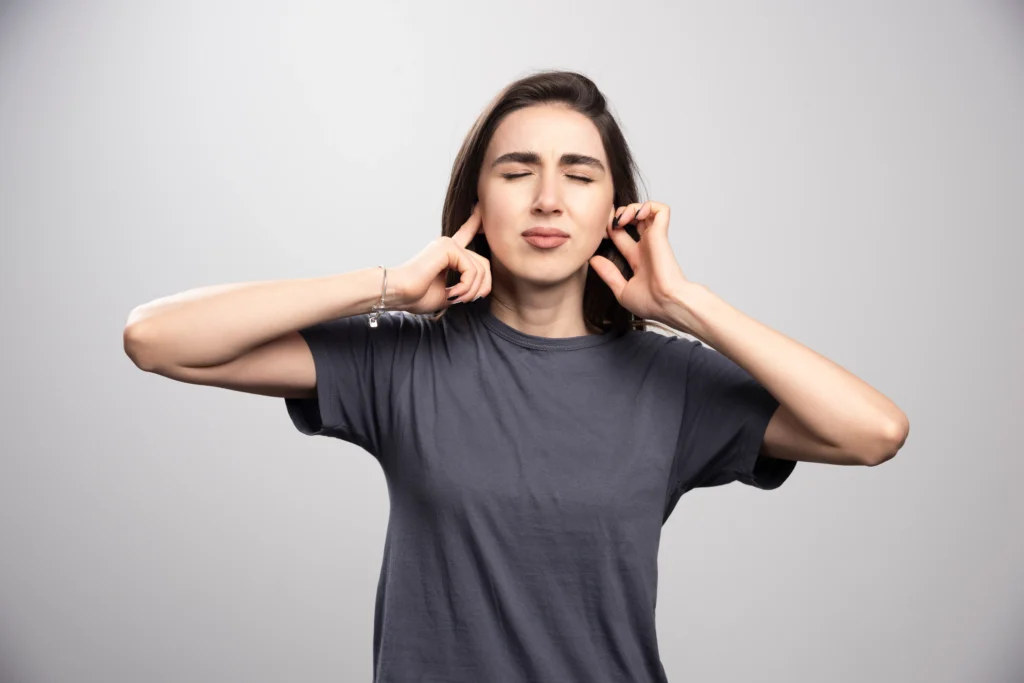If you believe you may be experiencing hearing loss, then attending a hearing aid evaluation can be the first step towards accessing treatment. There are several things you can expect to take place before, during and after your hearing aid evaluation, including:
Starting your hearing aid evaluation
To begin, your audiologist will discuss a number of subjects with you, focusing primarily on your medical history, any symptoms of hearing loss you have noticed, and a few details about your lifestyle. This conversation also provides you with the opportunity to ask any questions you may have about the appointment.
The hearing test
This test is necessary to ensure that your audiologist can both diagnose the degree of hearing loss you may be experiencing, as well as establishing whether both ears are affected to the same degree. All of this information is crucial to ensuring that your audiologist can recommend the correct hearing aid styles to you.
There are several hearing tests that audiologists can use to assess your hearing, but the most commonly used is known as pure-tone audiometry. The test itself is straightforward: you will be asked to wear a pair of headphones or earphones and, when you hear a noise, you will signal this by pressing a button, saying “yes,” or raising your hand – your audiologist will advise you on which response to use. When the test, which takes between 20-30 minutes, is complete, the results will be plotted on an audiogram.
In addition to pure-tone testing, your audiologist may issue a speech or bone conduction test to assess your hearing further. As with pure-tone audiometry, these tests are simple and straightforward, and your audiologist will guide you through the process and then analyze the results.
Considering hearing aid styles
Some hearing aid styles, such as behind-the-ear (BTE) devices, can be used across all levels of hearing loss; others, such as invisible-in-canal (CIC), are suited to mild hearing loss. Using your audiogram and the results of any other tests that have been performed, your audiologist will be able to make a recommendation as to the styles of hearing aid that may be suitable for your needs.
You will then have the chance to try a few hearing aids and see how they work for you. However, it is worth keeping in mind that many styles of hearing aids require customization to fit your ear exactly; as a result, any demo hearing aids you use may not be as comfortable as a tailored device would be. Therefore, it’s helpful to focus primarily on how each device handles and how confident you feel using each device rather than comfort.
Your audiologist will also walk you through the various features and functions that are available with certain devices. This should help give you an idea of just what your hearing aid can do, and which features you might find most useful when selecting your own device.
After you have had the opportunity to look at different devices, you can choose which hearing aid you wish to order.
Ordering your hearing aid
The vast majority of hearing aids have to be ordered directly from the manufacturer, so when you have made your decision, your audiologist will process this order on your behalf. When doing so, you may have to have ear impressions taken if you have chosen a style that requires an element of customization to ensure a comfortable fit.
When the order is placed, your audiologist will usually advise you on when you should make your return appointment for your hearing aid to be fitted and programmed. In most cases, this will be within three weeks of the order being placed, but the exact time scale varies depending on the type of device and manufacturer you have chosen.
When the order is placed, and you know when your hearing aids will arrive, then your hearing aid is complete – and you can look forward to receiving your hearing aids within the next few weeks.
A hearing aid evaluation is arguably the best method of both diagnosing and starting the path to treatment of, hearing loss.
Please call +1 (802) 922-9545 to learn more about Adirondack Audiology and the hearing aid solutions we offer today.









